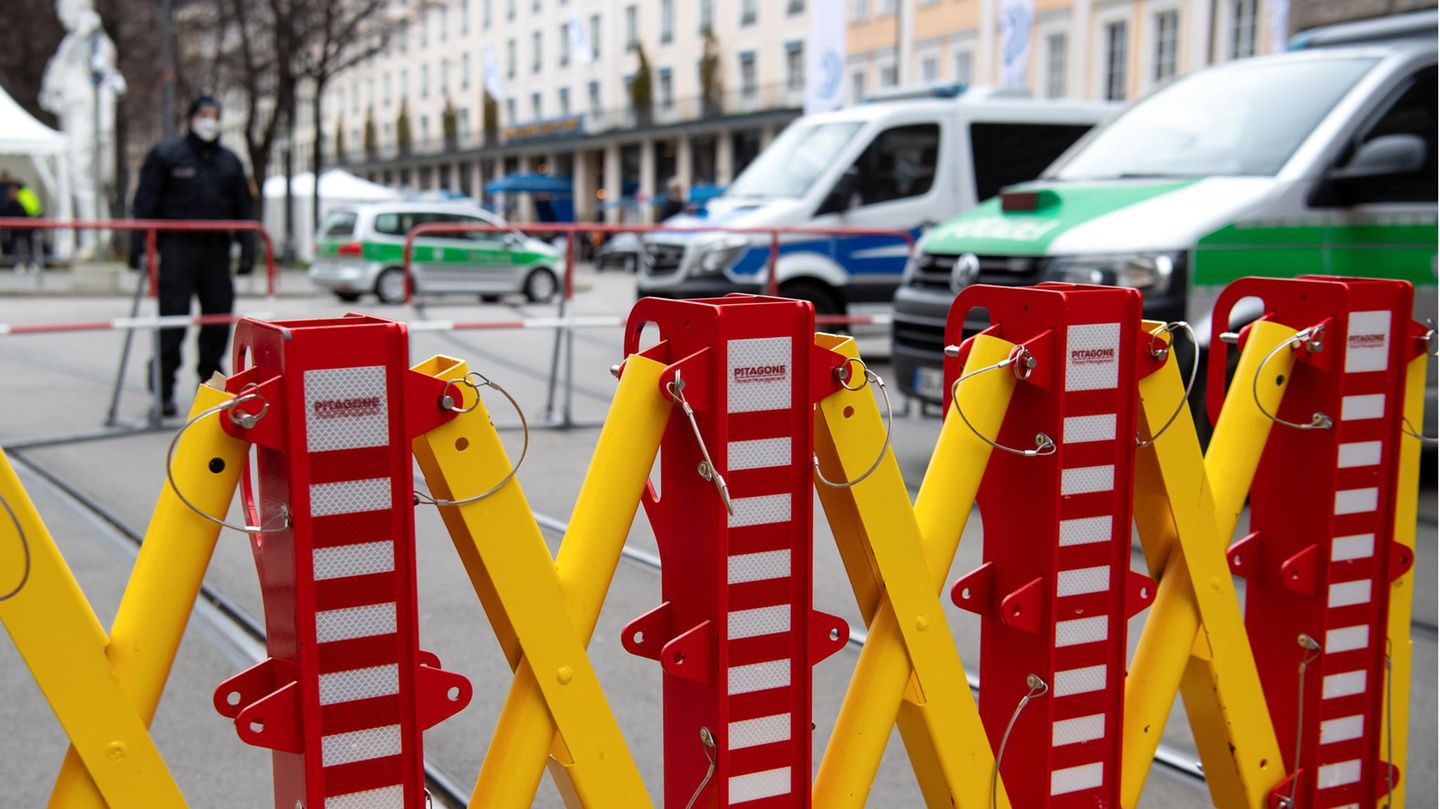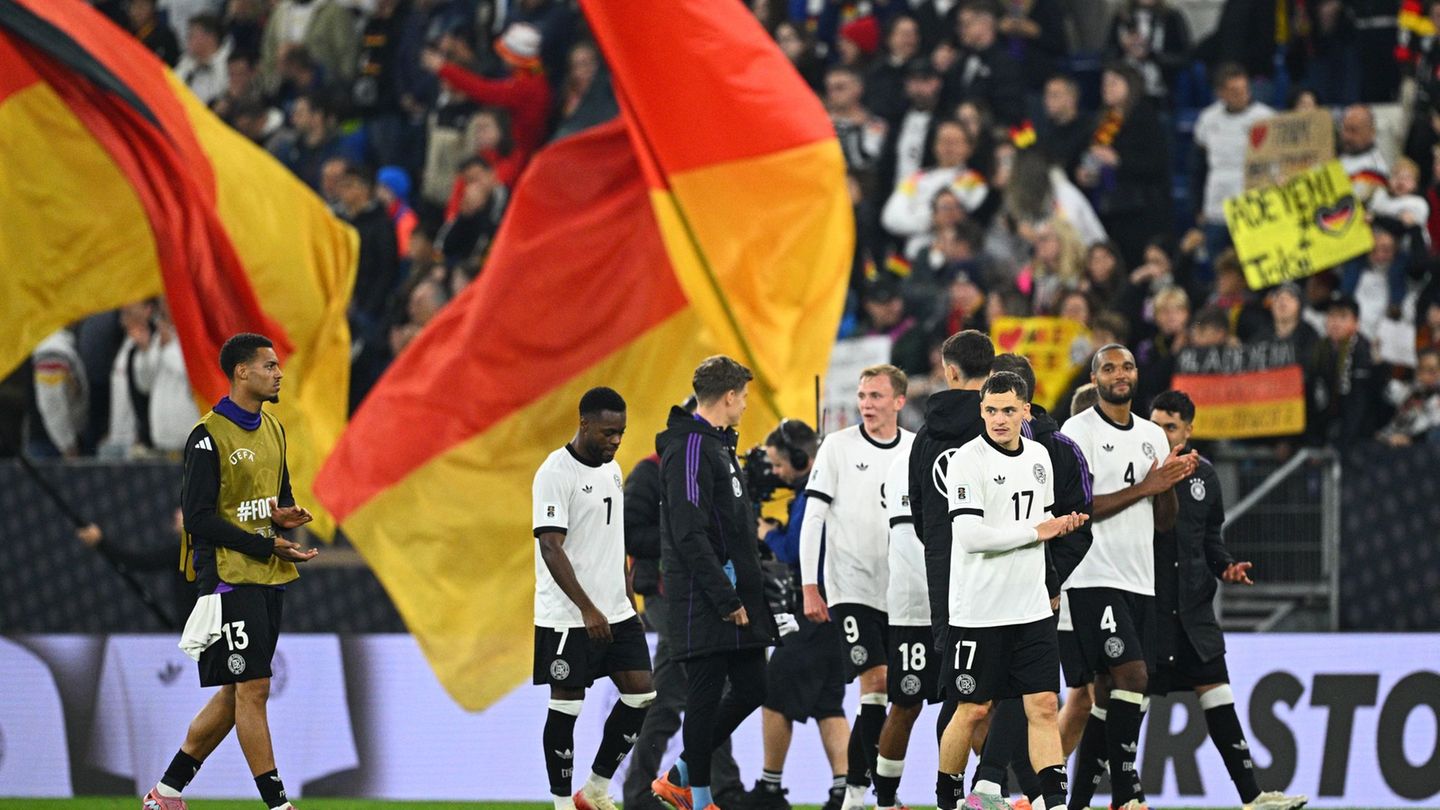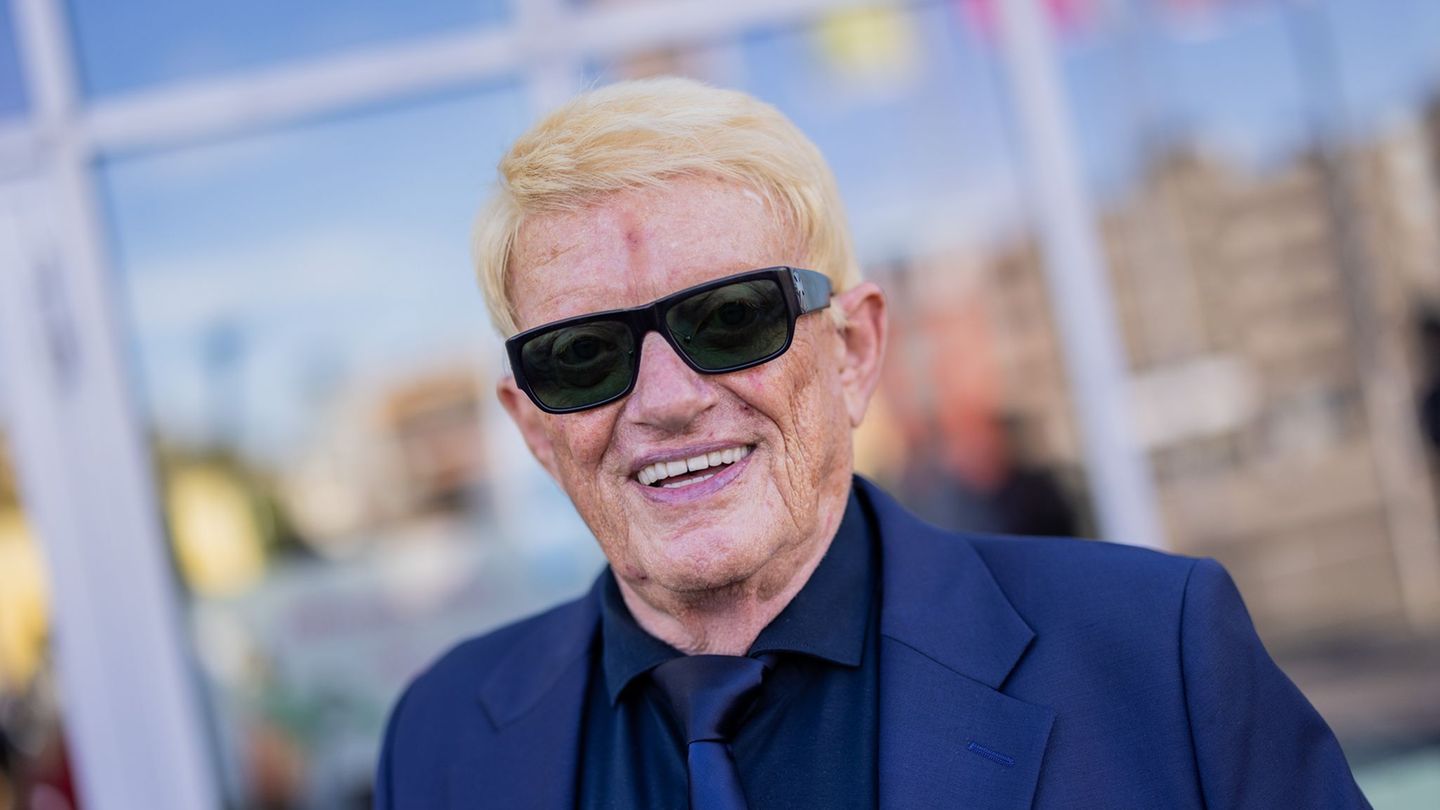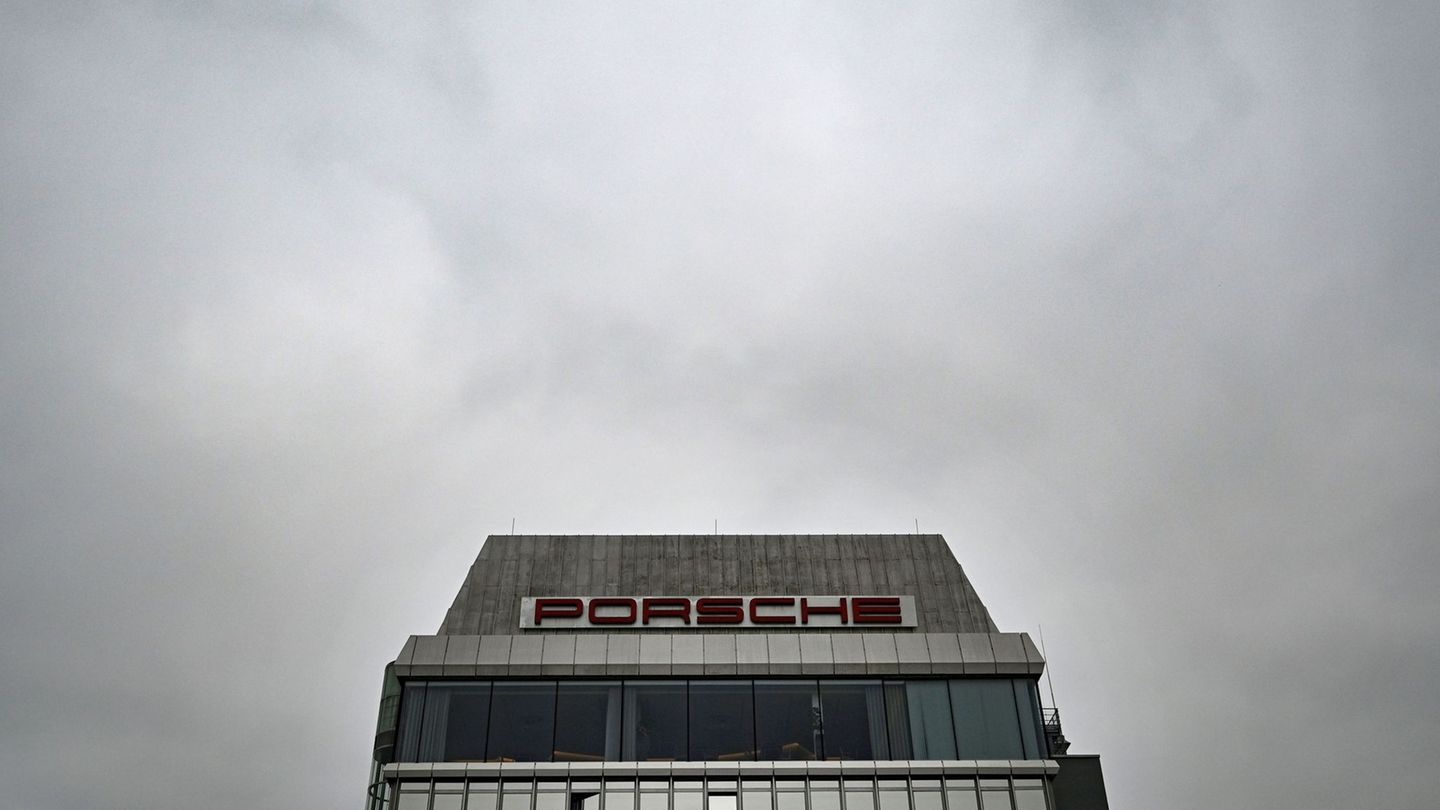Villages in eastern Ukraine are being shot at, and at the Munich Security Conference, the West is turning on itself. After a brief moment of relaxation, the Ukraine crisis comes to a head. exit open.
At the Munich Security Conference, it’s not that common for speakers to be greeted with standing applause. On Saturday afternoon there is one of those special moments when the Ukrainian President Volodymyr Zelenskyj takes the stage in the ballroom of the Bayerischer Hof. “I don’t think that applies to me, but to Ukraine and our soldiers,” he says in English.
In the morning, the organizers had doubts whether Selenskyj would come to Munich at all. Instead, he could also visit the front in eastern Ukraine, where there has been significantly more fighting for days despite the ceasefire. Pro-Russian separatists and Ukrainian government troops are fighting there. Villages are shelled, residential buildings reduced to rubble and ashes, both sides report deaths at the weekend.
President of Ukraine warns of millions dead
Zelenskyj opts for Munich, where those he is counting on have gathered – the heads of state and government, NATO ministers of defense and foreign affairs. He reports on craters in playgrounds, warns of millions of deaths and calls for solidarity. The world community can no longer simply say that this is not their war. “We must act now, the world must act, not Ukraine,” says the president.
He is concerned that Russia could use the conflict in eastern Ukraine as a pretext for an attack on the whole of Ukraine. According to estimates by Western secret services, around 150,000 Russian soldiers are currently available.
The world must act, but how? The world’s most important expert meeting for security policy is actually exactly the right place to discuss such a question. The problem: one party to the conflict is missing. Russia has canceled its participation in the Munich Security Conference. The meeting was said to have lost its objectivity.
Russia tests missiles
While Selenskyj, Chancellor Olaf Scholz and US Vice President Kamala Harris are talking in Munich, Russian President Vladimir Putin is sitting in the Kremlin on Saturday and is having missiles fired from training sites in the south and far east thousands of kilometers away, which can be equipped with nuclear warheads.
Also present: the Belarusian ruler Alexander Lukashenko. So the man who could enable Russia to attack Ukraine not only from the east and south, but also from the north. According to NATO estimates, tens of thousands of Russian soldiers are currently in Belarus for maneuvers. They were supposed to end this Sunday. It should now be practiced anyway, together.
So the Ukraine and the West are keeping to themselves in Munich. The tone for the conference will be set from Washington just before it begins. “We have reason to believe that the Russian military is planning and planning to attack Ukraine in the coming week, in the coming days,” said US President Joe Biden. The sentence hung like a black cloud over the conference for three days.
Olaf Scholz warns: “War is threatening again in Europe”
US Vice President Kamala Harris took up the warning and spoke of a “script of Russian aggression”. Chancellor Scholz also warns: “War is threatening again in Europe.” There are no new ideas on how to avert the catastrophe in Munich, and there is helplessness. The West is sticking to its dual strategy: On the one hand, it is threatening Russia with unprecedented sanctions in the event of an attack, on the other hand it is affirming that it is ready to talk about Russia’s demands for “security guarantees”.
The only problem is that an agreement on real concessions to Moscow seems to be out of the question. Chancellor Scholz has recently been criticized for publicly assuring Putin that Ukraine’s NATO membership is not currently on the agenda. A waiver of the country’s admission to the military alliance is one of Putin’s core concerns – alongside, for example, the withdrawal of US nuclear weapons from Europe and a ban on the stationing of NATO troops in countries near the Russian border.
The Olympic truce ends with the games
At the weekend, far away from Munich, there was another event that raised concerns about a war. In Beijing, almost simultaneously with the end of the security conference, two weeks later, the closing ceremony of the Olympic Games took place. This ends for the time being what is called the Olympic Truce. It is a principle also supported by Russia, according to which there should be no hostilities for the entire duration of the Games.
One of the few glimmers of hope in the current situation is Emmanuel Macron’s commitment. France’s president continued mediation efforts over the weekend, speaking to both Putin and Zelenskyy. It could be helpful that Macron has a reputation for being rather critical of NATO and the USA. Putin should not forget that the Frenchman has repeatedly described the defense alliance as brain dead in recent years due to internal conflicts and insufficient agreements.
Source: Stern
David William is a talented author who has made a name for himself in the world of writing. He is a professional author who writes on a wide range of topics, from general interest to opinion news. David is currently working as a writer at 24 hours worlds where he brings his unique perspective and in-depth research to his articles, making them both informative and engaging.




